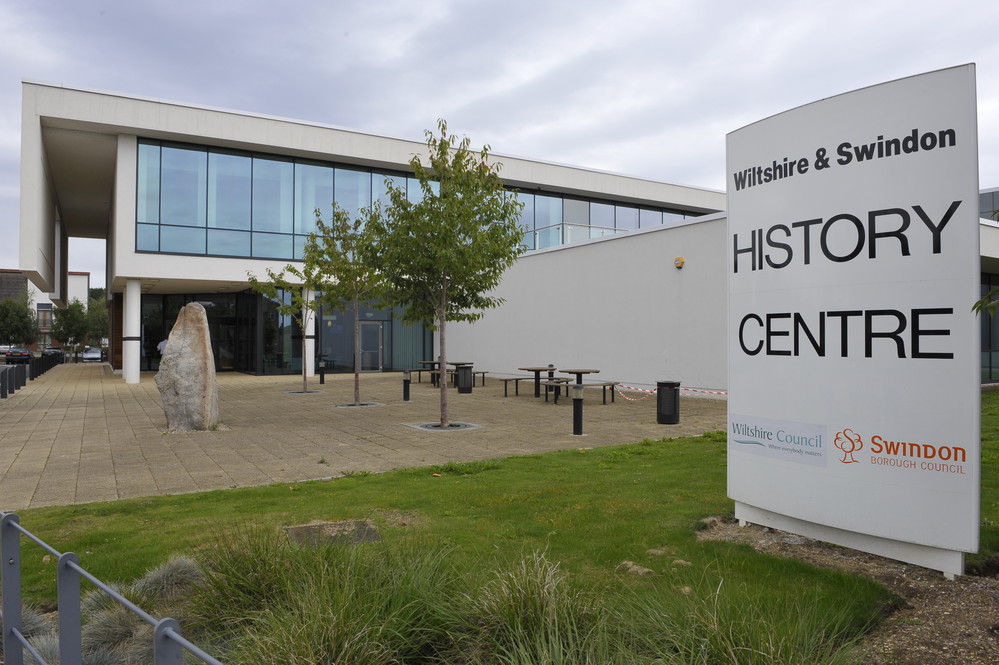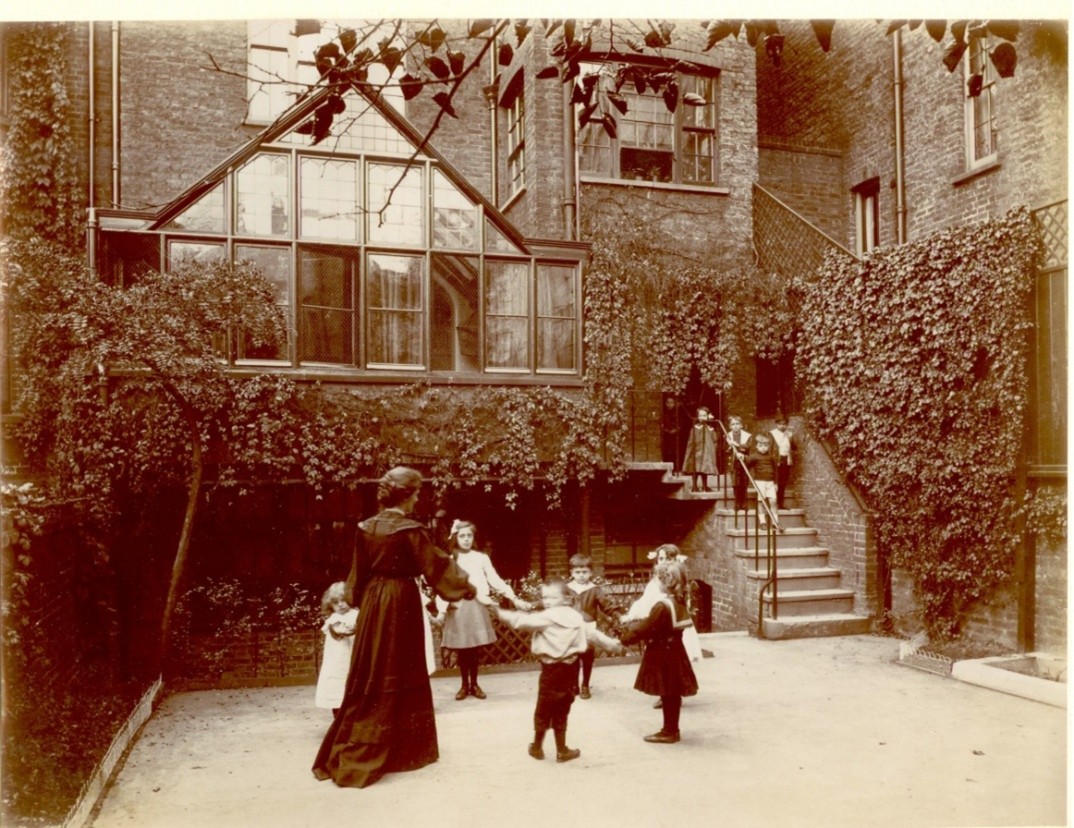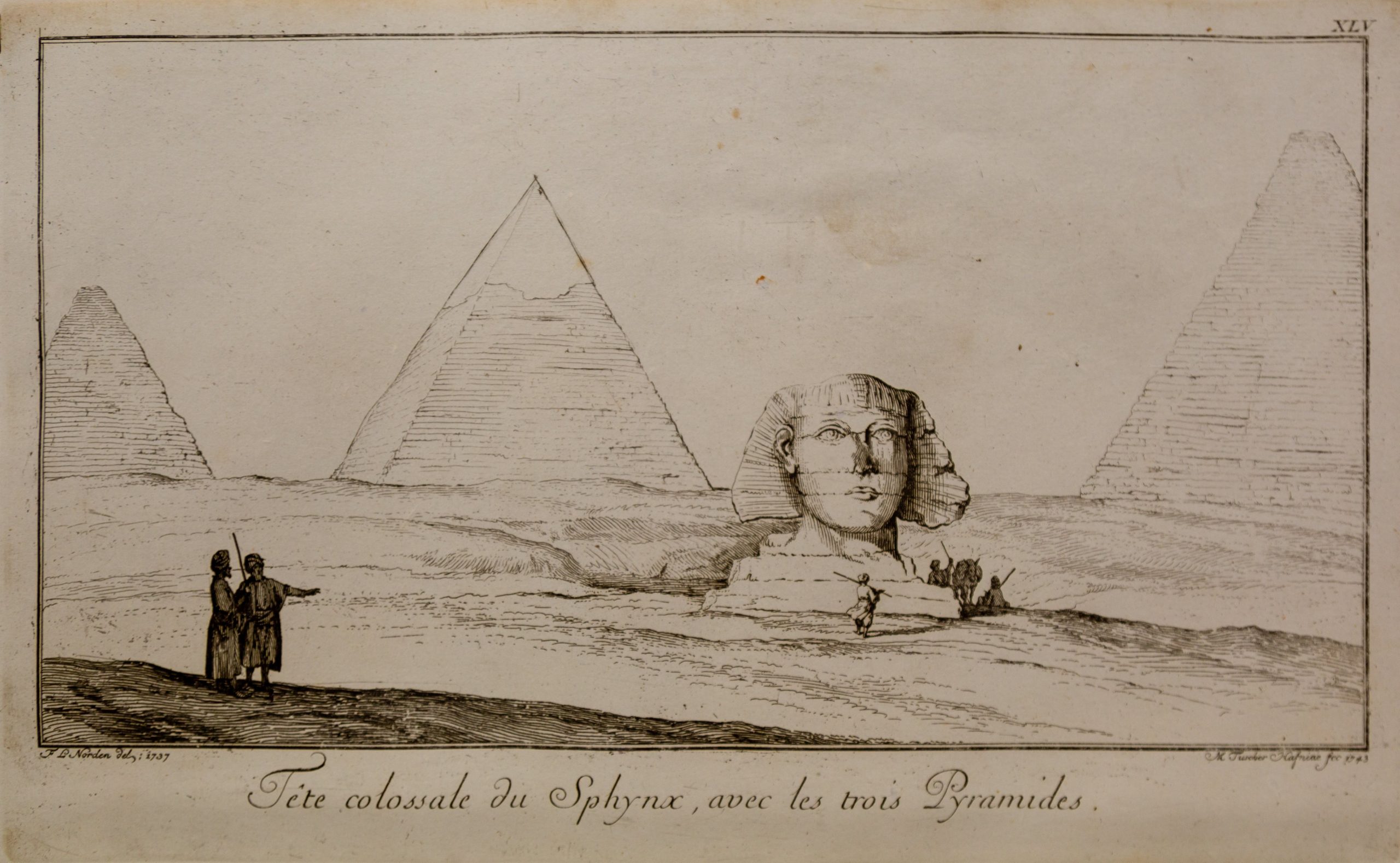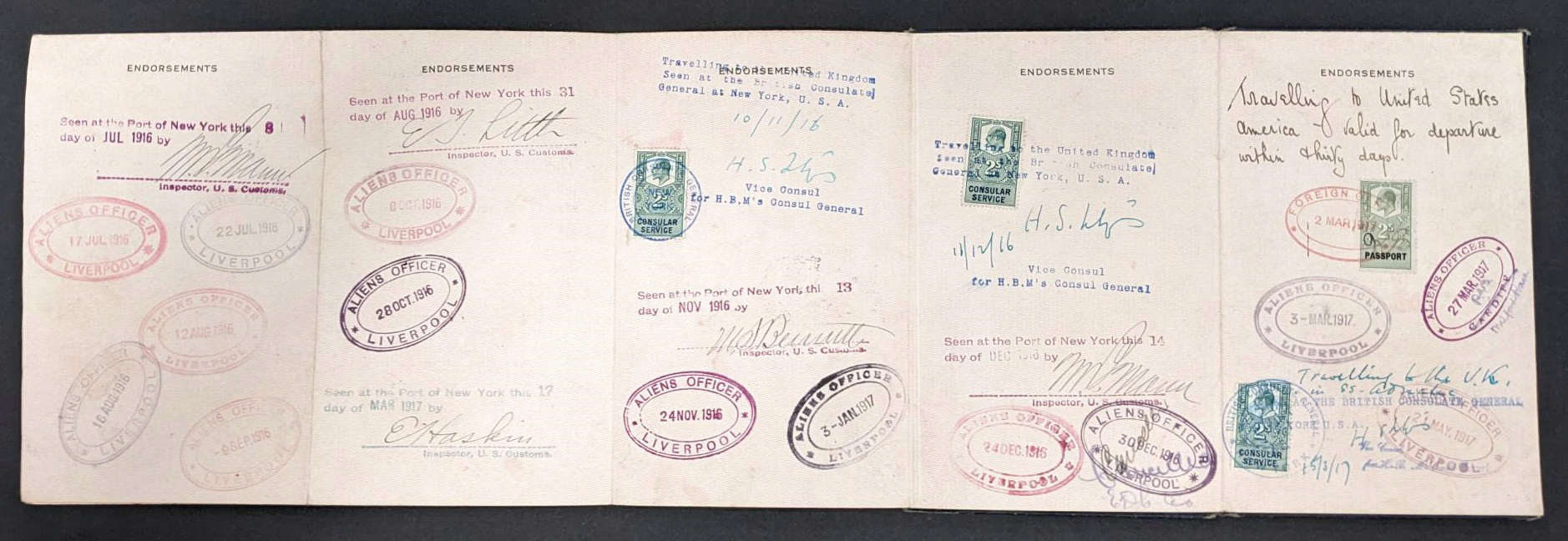Local Authority Records available to all as open heritage data
The Wiltshire & Swindon History Centre has become the first archive to work with the online journal provider JSTOR for its pilot project ‘Open Community Collections’.
The project aims to deliver primary sources to online audiences.
Wiltshire and Swindon’s History Centre material will be fully searchable with over 200 digital images free to access.
The History Centre choses its local authority archives as first collection to become available to all
Although the local authority archives are interesting, they are a much underused resource. The dataset contains a sample of the whole to help researchers understand more about local authority material and what it contains.
The focus is on material created and kept by Wiltshire’s district, borough and county councils during the period 1938-1946.
Local authority records are key to county archives. The 1958 Public Records Act enshrines the right of the public to view the records of local government. It therefore obliges local authorities (City or County Councils) to keep these records safe and secure.
It also provides access for the public to these records, making archives an ‘essential service’.

Archives relating to local authorities contain the day-to-day workings of the councils now for all to see
Each department creates its own records. They transfer their minutes of meetings, accounts ledgers, plans, correspondence and more to the ‘County Record Office’. In recent times we call it an archive, or a history or heritage centre. This process still continues today.
Many of the records we receive now are ‘born digital’. This description, however, does not fully explain the richness of the sources. You would not be alone in thinking that the workings of the council must be pretty tedious and boring. This is not actually the case. Yes, it has its share of uninteresting goings on…
… but dig a little deeper and you can soon find some gems!
Julie Davis
County Local Studies Librarian
Wiltshire & Swindon History Centre

WWII material is a case in point. The files contain many letters from Wiltshire residents and organisations.
There are worries over the state of houses. There are complaints about the state of the roads due to military traffic. The difficulties faced by councils billeting evacuees becomes apparent. What’s more, the problem of a sudden increase in population into a rural county.
I however particularly enjoy the clerks’ correspondence files, you get a real sense of their personalities.
Julie Davis
County Local Studies Librarian
Wiltshire & Swindon History Centre
The constant to-ing and fro-ing of letters. The issues raised over many topics which include the requisition of land and property, planning and more. Above all, you sense the clerks’ dedication to their roles and the job of trying to provide a sense of stability in a time of turmoil.
There are also historical revelations to be found
It is widely known that the planned 1938 evacuation was due to take place to counties near London. However, the Wiltshire County Council files show otherwise.
They clearly prove that evacuees were to travel as far as Wiltshire and these plans were being hastily put into place. (The evacuation was however cancelled due to the signing of the Munich Agreement).

At the same time it was exciting to find copies of items discussed in academic books. For instance items such as the Home Office’s statement regarding the treatment of US black troops in Britain which led to Eisenhower’s staff moving to counter it. Furthermore, Wiltshire Constabulary’s joint police teams in action…

Open Community Collections has given us a wonderful opportunity to make one of our collections available as open heritage data.
Julie Davis
County Local Studies Librarian
Wiltshire & Swindon History Centre
Further Information
- The Wiltshire and Swindon Open Community Collection of local authority records
- Get in touch about our local authority material at the History Centre
- Visit the Wiltshire and Swindon History centre
Related Posts






